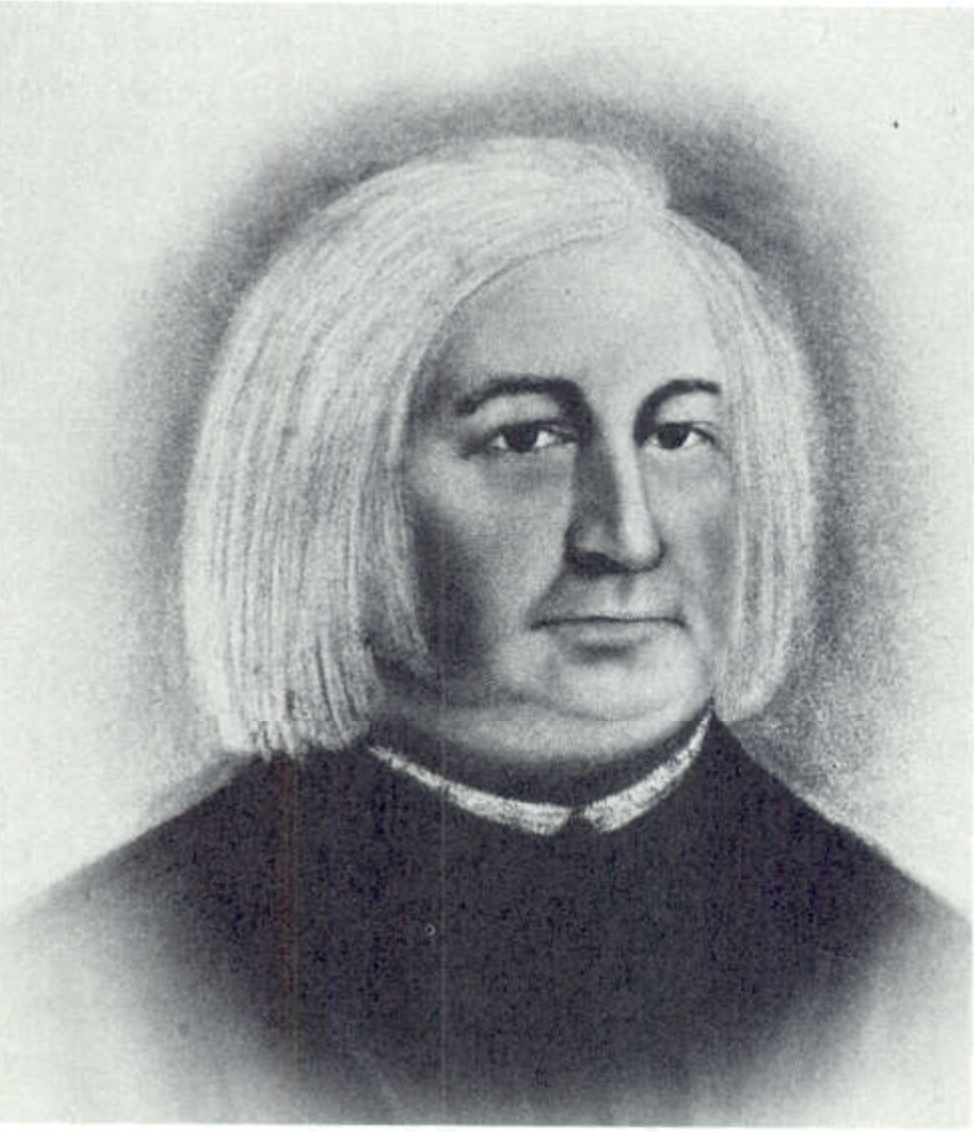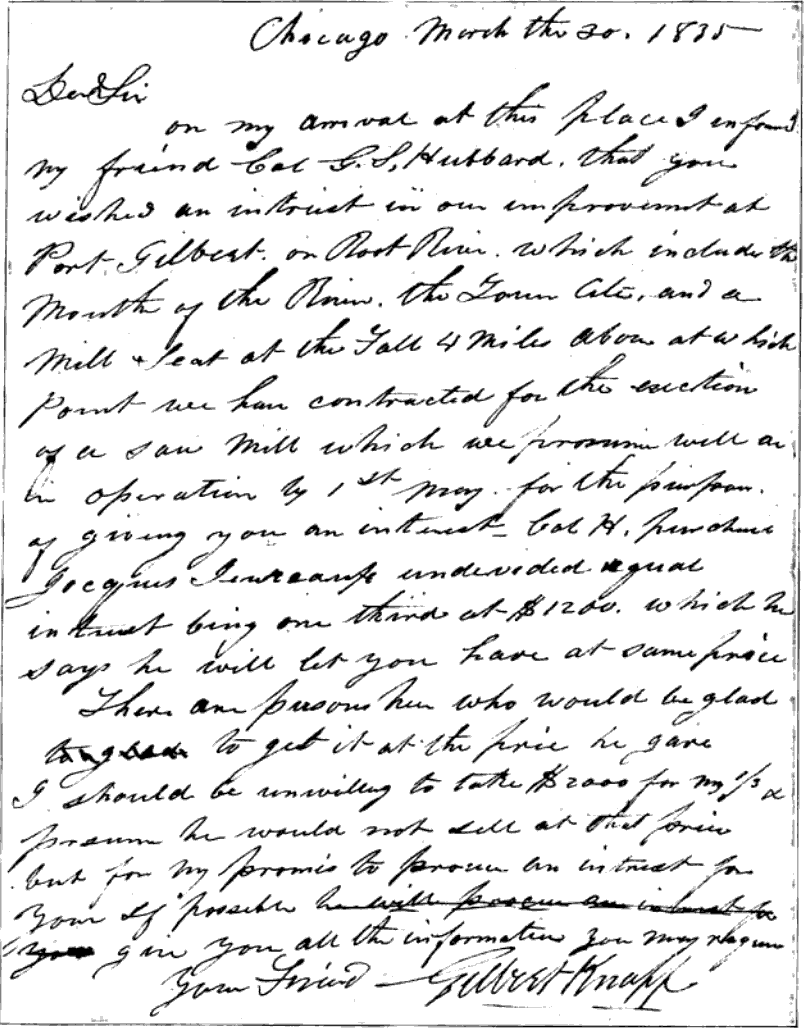|
7th Michigan Territorial Council
The Seventh Michigan Territorial Council, also known as the Rump Council, was a meeting of the legislative body governing Michigan Territory in January 1836, during the term of Acting Governor John S. Horner. At the time, most of Michigan Territory was awaiting admission to the union as the state of Michigan and had already seated its new state legislature. This was the final session of the Council and consisted only of members from the "contingent remainder" or "rump territory"—the remaining counties that formed the new Wisconsin Territory later that year. Background A constitutional convention in May 1835 drafted a new state constitution for the portion of Michigan Territory that makes up the modern state of Michigan. At the same election in which the constitution was ratified on October 5, 1835, voters elected the first members of the Michigan Legislature, which was set to take over legislative power from the territorial council. In order to ensure that the remainder of t ... [...More Info...] [...Related Items...] OR: [Wikipedia] [Google] [Baidu] |
Michigan Territorial Council
The Michigan Territorial Council, known formally as the Legislative Council of the Territory of Michigan, was the legislative body of the Territory of Michigan from 1824 to 1835, when it was succeeded by the Michigan Legislature in anticipation of Michigan becoming a U.S. state (though this did not happen until 1837). A session of the council including only members from what would become Wisconsin Territory met in 1836. History The council represented the second stage of Michigan's evolution from a territory administered by a governor and judges to full statehood. Background Since its creation from part of Indiana Territory in 1805, the government of Michigan Territory had consisted of a governor, a secretary, and three judges. In this "first stage" government outlined by the Northwest Ordinance, the governor—or the secretary, in his absence—exercised executive power, with the judges forming the judicial branch of government, and all of them were appointed by Congress. ... [...More Info...] [...Related Items...] OR: [Wikipedia] [Google] [Baidu] |
Territory Of Wisconsin
The Territory of Wisconsin was an organized incorporated territory of the United States that existed from July 3, 1836, until May 29, 1848, when an eastern portion of the territory was admitted to the Union as the State of Wisconsin. Belmont was initially chosen as the capital of the territory. In 1837, the territorial legislature met in Burlington, just north of the Skunk River on the Mississippi, which became part of the Iowa Territory in 1838. In that year, 1838, the territorial capital of Wisconsin was moved to Madison. Territorial area The Wisconsin Territory initially included all of the present-day states of Wisconsin, Minnesota, and Iowa, and part of the Dakotas east of the Missouri River. Much of the territory had originally been part of the Northwest Territory, which was ceded by Britain in 1783. The portion in what is now Iowa and the Dakotas was originally part of the Louisiana Purchase and was split off from the Missouri Territory in 1821 and attached to the Michig ... [...More Info...] [...Related Items...] OR: [Wikipedia] [Google] [Baidu] |
Robert C
The name Robert is an ancient Germanic given name, from Proto-Germanic "fame" and "bright" (''Hrōþiberhtaz''). Compare Old Dutch ''Robrecht'' and Old High German ''Hrodebert'' (a compound of '' Hruod'' ( non, Hróðr) "fame, glory, honour, praise, renown" and ''berht'' "bright, light, shining"). It is the second most frequently used given name of ancient Germanic origin. It is also in use as a surname. Another commonly used form of the name is Rupert. After becoming widely used in Continental Europe it entered England in its Old French form ''Robert'', where an Old English cognate form (''Hrēodbēorht'', ''Hrodberht'', ''Hrēodbēorð'', ''Hrœdbœrð'', ''Hrœdberð'', ''Hrōðberχtŕ'') had existed before the Norman Conquest. The feminine version is Roberta. The Italian, Portuguese, and Spanish form is Roberto. Robert is also a common name in many Germanic languages, including English, German, Dutch, Norwegian, Swedish, Scots, Danish, and Icelandic. It can be use ... [...More Info...] [...Related Items...] OR: [Wikipedia] [Google] [Baidu] |
Iowa County, Wisconsin
Iowa County is a county (United States), county in the U.S. state of Wisconsin. As of the 2020 United States Census, 2020 census, the population was 23,709. Its county seat and largest city is Dodgeville, Wisconsin, Dodgeville. When created, it was part of the Michigan Territory. Iowa County is part of the Madison, Wisconsin, Madison, Wisconsin, Madison, Wisconsin metropolitan area, Metropolitan Statistical Area. History The county organized under the Michigan Territory government in 1830. It was named for the Iowa people, Iowa tribe. Geography According to the United States Census Bureau, U.S. Census Bureau, the county has an area of , of which is land and (0.7%) is water. It is drained by tributaries of the Pecatonica River, which has its headwaters in the county. The highest point in the county is West Blue Mound at 1,716 ft. above sea level. The lowest point is the Wisconsin river at the Grant County line at 667 ft. above sea level. Rivers and streams * Harker Creek ( ... [...More Info...] [...Related Items...] OR: [Wikipedia] [Google] [Baidu] |
George H
George may refer to: People * George (given name) * George (surname) * George (singer), American-Canadian singer George Nozuka, known by the mononym George * George Washington, First President of the United States * George W. Bush, 43rd President of the United States * George H. W. Bush, 41st President of the United States * George V, King of Great Britain, Ireland, the British Dominions and Emperor of India from 1910-1936 * George VI, King of Great Britain, Ireland, the British Dominions and Emperor of India from 1936-1952 * Prince George of Wales * George Papagheorghe also known as Jorge / GEØRGE * George, stage name of Giorgio Moroder * George Harrison, an English musician and singer-songwriter Places South Africa * George, Western Cape ** George Airport United States * George, Iowa * George, Missouri * George, Washington * George County, Mississippi * George Air Force Base, a former U.S. Air Force base located in California Characters * George (Peppa Pig), a 2-year-old ... [...More Info...] [...Related Items...] OR: [Wikipedia] [Google] [Baidu] |
William B
William is a male given name of Germanic origin.Hanks, Hardcastle and Hodges, ''Oxford Dictionary of First Names'', Oxford University Press, 2nd edition, , p. 276. It became very popular in the English language after the Norman conquest of England in 1066,All Things William"Meaning & Origin of the Name"/ref> and remained so throughout the Middle Ages and into the modern era. It is sometimes abbreviated "Wm." Shortened familiar versions in English include Will, Wills, Willy, Willie, Bill, and Billy. A common Irish form is Liam. Scottish diminutives include Wull, Willie or Wullie (as in Oor Wullie or the play ''Douglas''). Female forms are Willa, Willemina, Wilma and Wilhelmina. Etymology William is related to the given name ''Wilhelm'' (cf. Proto-Germanic ᚹᛁᛚᛃᚨᚺᛖᛚᛗᚨᛉ, ''*Wiljahelmaz'' > German ''Wilhelm'' and Old Norse ᚢᛁᛚᛋᛅᚼᛅᛚᛘᛅᛋ, ''Vilhjálmr''). By regular sound changes, the native, inherited English form of the name should b ... [...More Info...] [...Related Items...] OR: [Wikipedia] [Google] [Baidu] |
John Lawe
John Lawe (December 6, 1779 - February 11, 1846) was a pioneer fur trader, merchant, land speculator, sawmill owner and judge in Green Bay, Wisconsin, Green Bay, Wisconsin Territory. He served in the brief "Rump Council" which may be regarded as the first legislature of what was to become Wisconsin. Background Although the family history is fragmentary and contradictory, Lawe seems to have been born December 6, 1779, in Montreal, son of Captain William Lawe (a native of York) and Rachel or Midd Franks, a member of the prominent Judaism, Jewish Franks family of Quebec and British North America. (David Franks (aide-de-camp), David Salisbury Franks was John's great-uncle.) His father died a few years later, and he and his mother joined her brother Jacob Franks, a fur trade clerk in Montreal. Young Lawe became a classmate of Jean Joseph Rolette. In 1790, Lawe's mother went to the East Indies to join another of her brothers, and neither John nor Jacob ever learned what happened to he ... [...More Info...] [...Related Items...] OR: [Wikipedia] [Google] [Baidu] |
Whig Party (United States)
The Whig Party was a political party in the United States during the middle of the 19th century. Alongside the slightly larger Democratic Party, it was one of the two major parties in the United States between the late 1830s and the early 1850s as part of the Second Party System. Four presidents were affiliated with the Whig Party for at least part of their terms. Other prominent members of the Whig Party include Henry Clay, Daniel Webster, Rufus Choate, William Seward, John J. Crittenden, and John Quincy Adams. The Whig base of support was centered among entrepreneurs, professionals, planters, social reformers, devout Protestants, and the emerging urban middle class. It had much less backing from poor farmers and unskilled workers. The party was critical of Manifest Destiny, territorial expansion into Texas and the Southwest, and the Mexican-American War. It disliked strong presidential power as exhibited by Jackson and Polk, and preferred Congressional dominance in lawma ... [...More Info...] [...Related Items...] OR: [Wikipedia] [Google] [Baidu] |
Gilbert Knapp
Gilbert G. Knapp (December 3, 1798July 31, 1887) was an American sailor and land speculator. He was the founder of Racine, Wisconsin, and was instrumental in establishing the city and county of Racine. For many years before and after the establishment of Racine, he was a captain in the United States Revenue Cutter Service, commanding several ships in the Great Lakes. Early life Knapp was born on December 3, 1798, in Chatham, Massachusetts. His father, John Knapp, was a soldier in the American Revolutionary War, and, after the war, captained a merchant ship and engaged in trade to European ports. As a young man, Gilbert Knapp studied the science of navigation, and, at age 13, joined the crew Captain Childs, his uncle by marriage, sailing to Canada and Spain. War of 1812 and Cutter Service At the outbreak of the War of 1812, he joined the crew of the ''Leo'', a privateer commanded by Captain Besonne, under contract to the United States to run dispatches to France. Their mission ... [...More Info...] [...Related Items...] OR: [Wikipedia] [Google] [Baidu] |
Benjamin Hyde Edgerton
Benjamin Hyde Edgerton (August 17, 1811 – December 9, 1886) was an American engineer, businessman, pioneer, and politician. Early life and education Edgerton was born in Saybrook, Connecticut on August 17, 1811. Edgerton studied to be a surveyor in Buffalo, New York. Career After moving to Green Bay, Michigan Territory, in 1835, he worked for the government as a surveyor and civil engineer. While in Green Bay, Edgerton was chosen to the seventh Michigan Territorial Council (the Rump Council) in 1835, including the western area of the Michigan Territory (present day Wisconsin and parts of North Dakota, South Dakota, Iowa and Minnesota) to provide for a smooth transition involving the establishment of Wisconsin Territory and the admission of the State of Michigan. Edgerton helped survey the city blocks in Milwaukee, Wisconsin and the railroads in Wisconsin. He served on the first harbor commission in Milwaukee and was an alderman of the Milwaukee Common Council from 1 ... [...More Info...] [...Related Items...] OR: [Wikipedia] [Google] [Baidu] |
Milwaukee County, Wisconsin
Milwaukee County is located in the U.S. state of Wisconsin. At the 2020 census, the population was 939,489, down from 947,735 in 2010. It is both the most populous and most densely populated county in Wisconsin, and the 45th most populous county nationwide; Milwaukee, its eponymous county seat, is also the most populous city in the state. The county was created in 1834 as part of Michigan Territory and organized the following year. Milwaukee County is the most populous county of the Milwaukee- Waukesha-West Allis, WI Metropolitan Statistical Area, as well as of the Milwaukee-Racine-Waukesha, WI Combined Statistical Area (See Milwaukee metropolitan area). Uniquely among Wisconsin counties, Milwaukee County is completely incorporated (i.e.: no part of the county has the Town form of local government - see Administrative divisions of Wisconsin#Town). There are 19 municipalities in Milwaukee County, 10 incorporated as cities and 9 incorporated as villages. After the city of Milw ... [...More Info...] [...Related Items...] OR: [Wikipedia] [Google] [Baidu] |
Brown County, Wisconsin
Brown County is a county in the U.S. state of Wisconsin. As of the 2020 census, the population was 268,740, making it the fourth-most populous county in Wisconsin. The county seat is Green Bay, making it one of three Wisconsin counties on Lake Michigan not to have a county seat with the same name. Brown County is part of the Green Bay, WI Metropolitan Statistical Area. History Brown County is one of Wisconsin's two original counties, along with Crawford County. It originally spanned the entire eastern half of the state when formed by the Michigan Territorial legislature in 1818. It was named for Major General Jacob Brown, a military leader during the War of 1812. Several towns along the Fox River vied for the position of county seat in Brown County's early years. The first county seat was located at Menomoneeville (now a part of Allouez) in 1824. In 1837, a public referendum relocated the county seat to De Pere. The location was put up for the popular vote again in 1854, r ... [...More Info...] [...Related Items...] OR: [Wikipedia] [Google] [Baidu] |





